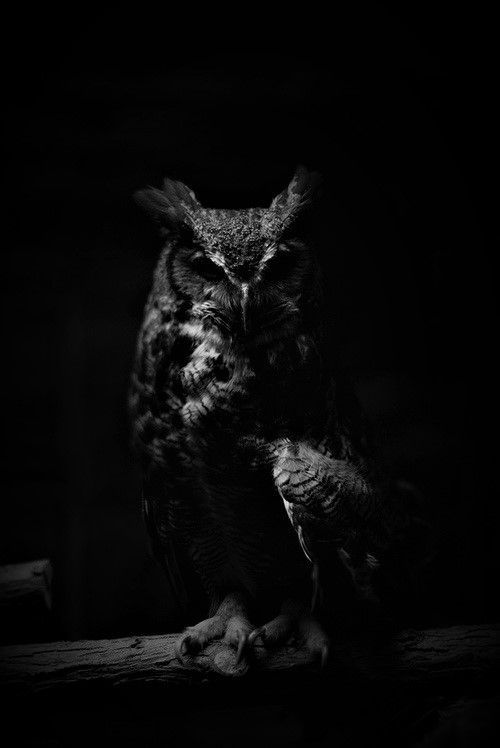Many of us spend our lives thinking of science and philosophy. Looking for answers to the meaning of life the universe and our place in it. And then eventually we die. Have we not accomplished anything? Does our knowledge somehow live on beyond death? What is the point of seeking knowledge?
To make our lives better while we live them and to pass it on to those that will still be here when we’re gone.
I’m not sure why you think that we’re all gonna die - our heritage will live on, probably forever.
I believe that the universe is infinite, both in space and in time. As such, there is a probability that humanity will continue to exist forever - and so will the consequences of our actions. Therefore, life is not meaningless.
What else is there to do?
Because we may discover a way to become immortal and avoid death.
Why not?
My question isn’t knowledge, I get that.
Why do we spend 40 years working for someone else’s dream? That’s what I don’t get.
Oh, because capitalism wouldn’t work if we didn’t force it.
We work for pennies until we die so the CEO ca buy another private jet.
Why do we spend 40 years working for someone else’s dream? That’s what I don’t get.
Have you considered your alternatives? If you spend any time studying what the life of a subsistence farmers is like, you realize how incredibly attractive that job working for someone else where you earn a steady paycheck is. Your other alternative is entrepreneurship. That too is a very hard path, but for entirely different reasons. 90% of small businesses fail and at the end you may be penniless.
So your choices are:
- your own dream of subsistence farming where you are subject to the whims of nature and society
- your own dream of running your own business which is highly likely to fail
- working for someone else’s farm/business and being paid a wage on a regular basis
That last one looks very attractive for most people.
Not dead yet.
We didn’t get this far without feeling that way. Is only natural
It’s nice to have something to pass the time until we eventually die.
That gave me a good chuckle, thanks
The way I see it:
Our brains like to recognise patterns, this is an evolutionary trait of ours.
Acquiring knowledge gives us the understanding to identify more patterns
This manifests as that good feeling when something new clicks and it makes sense where it didn’t before. Dopamine is the source of that good feeling and it’s part of our brains’ reward system to motivate us to do things that’ll help us survive.
Chemically, the point of life is to do stuff that triggers our reward systems, and so we seek out the good feeling that comes with figuring stuff out like we seek out other sources of it.
So basically, the meaning of life is to enjoy life, and humans just enjoy learning
You would have died in early childhood had you not sought knowledge, but fortunately knowledge-seeking in inbuilt and needs no justification.
Edit to add: This reminds me of a poem from Cat’s Cradle:
Tiger got to hunt,
Bird got to fly,
Man got to sit and wonder “why, why, why?”Tiger got to sleep,
Bird got to land,
Man got to tell himself he understand.That’s awesome. I like it.
The alternative is extinction, plain and simple. The only reason we even are where we are as a species is due solely to the undying drive to seek more knowledge as a means of survival.
A couple hundred thousand years of continued existence as a species seems like a pretty decent accomplishment.
Extinction is an interesting existential threat, but I believe a more reasonable motivation would be not wanting to see living humans suffer through collapse. So like the extinction of the good life.
Up to a point I think we’d survive, just not in a form that we would recognise, or perhaps even care to preserve.
Hard disagree, we do not survive as a species without intelligence. It has been the most important factor in our survival since we developed as a distinct group of hominids.
Surviving but reverting or regressing to a form that doesn’t not explore intelligence as a means of survival is the same as extinction in my book. Interestingly this reminds me of some of the fates in ‘All Tomorrows’
I don’t think there’s any disagreement to be had. My wording was poorly chosen. I meant reasonable not like as an ought, but as a realistic description of the animating factor in people’s lives - caring about the future of humans they immediately know about.
I’m also a huge fan of Nemo Ramjet’s writing.
I’m on the same road right now, asking myself the same question. I’ve been trying to mentally blending concepts from philosophy (especially nihilism, absurdism and existentialism), science knowledge and esoteric beliefs (such as primordial waters and the darkness before the light, a seemingly constant aspect throughout the many religious faiths) in a syncretic way. As the community is focused on the first, I’ll try to focus my comment to the realm of philosophy.
Somehow, we think. As Descartes would state, we are existent beings, given that we think. We’re kind of “stuck” with it (with our thoughts and feelings, therefore, stuck with our own existences), something to deal with. We can either (a) hold to the mundane, trying to ignore the vast and dark macrocosmos and microcosmos around and inside us (apeiron) because it’s so shadowy and scary, but it’ll still be there, or (b) gaze into that abyss, see the beautiful yet unsettling eyes lurking in the darkness, while trying to free ourselves from the shackles of the fear we would naturally feel when She looks back. Given the aspects of your question, I guess you did the same as me: you stared at Her, even if unbeknownst to you.
Here, I’m kind of “personifying/deifing” the infinite nothingness a.k.a. the apeiron, as I see this infinite nothingness with great potential as a feminine energy (I could name Nuith from Thelema, but i’d digress from philosophy), because our very existences came from it, so the apeiron is like the mother of the entire existence (and, therefore, our æthereal mother). I’m aware that apeiron is said to be something that “cannot be described” (ineffable), but the premise still holds: whatever is the nature of apeiron, everything that exists seem to came from there, and it’s going back to there.
The death is our return to Her waters. Scientifically, we could point out the cycle of nitrogen, water and carbon, the Food Web, the thermal dissipation (especially the entropy and tendency of disorder) and so on. Our natural bodies return to the nature in a seamless fashion. Spiritually and metaphysically, we could point out the anima inside ourselves, our very selves.
What if we choose the alternative A above, living a finite life holding to the mundane while ignoring the cosmic, without realizing the potential infinite beyond it, until our living clocks reach midnight and our consciousness somehow stays “turned on” surrounded by the vast nothingness, emptier than the void of the cosmos?
While my approach clearly digress into realms outside philosophy (because of the esoteric components of my approach), it also can offer a potential answer to the question of why we seek knowledge: to connect with something greater than ourselves. To connect to our very selves, with our potentials.
And if you stare into the abyss, the abyss stares back at you.
I’ll have to ponder your answer. Probably forever.
Thanks
It’s not for me, really. I already took advantage of the knowledge others left. Whatever I can gather and expand will be for the younger and the next generations.
That has been one of my thoughts as well. If I try to gain as much knowledge as I can and share it with others then it might prove beneficial to those in the future. So in one way the knowledge I have acquired lives on.
It does, maybe. That’s culture. In my culture the food is fantastic, and I’m sometimes in awe just thinking about ingredients and dishes. When you take something more rigorous like science, it can transport your mind in ways that can change entire civilizations.
What a narcissistic set of questions.
Also:
Does our knowledge somehow live on beyond death?
… yes? Look around. Humanity is a long, collective enterprise.
Wait till you hear what they think about construction workers!







